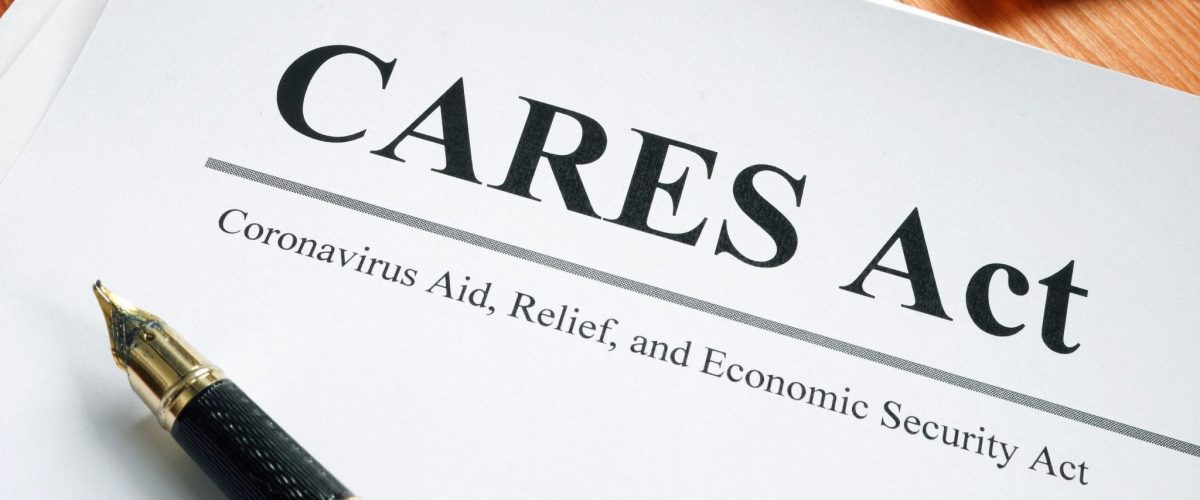Money Matters
Brought to you by: Community Partner Vision Financial Group 
On Friday, March 27, 2020, the Coronavirus Aid, Relief, and Economic Security (CARES) Act was signed into law. This $2 trillion emergency relief package is intended to assist individuals and businesses during the ongoing coronavirus pandemic and accompanying economic crisis. Major relief provisions are summarized here:
Retirement Plan Provisions
- Required minimum distributions (RMDs) from employer-sponsored retirement plans and IRAs will not apply for the 2020 calendar year; this includes any 2019 RMDs that would otherwise have to be taken in 2020
- The 10% early-distribution penalty tax that would normally apply to distributions made prior to age 59½ (unless an exception applies) is waived for retirement plan distributions of up to $100,000 relating to the coronavirus; special re-contribution rules and income inclusion rules for tax purposes apply as well
- Limits on loans from employer-sponsored retirement plans are expanded, with repayment delays provided
Student Loans
- The legislation provides a six-month automatic payment suspension for any student loan held by the federal government; this six-month period ends on September 30, 2020
- Under already existing rules, up to $5,250 in payments made by an employer under an education assistance program could be excluded from an employee’s taxable income; this exclusion is expanded to include eligible student loan repayments an employer makes on an employee’s behalf before January 1, 2021
Business Relief
- An employee retention tax credit is now available to employers significantly impacted by the crisis and is applied to offset Social Security payroll taxes; the credit is equal to 50% of qualified wages up to a certain maximum
- Employers may defer paying the employer portion of Social Security payroll taxes through the end of 2020 and may pay the deferred taxes over a two-year period of time; self-employed individuals are able to do the same
- Net operating loss rules expanded
- Deductibility of business interest expanded
- Provisions relating to specified Small Business Administration (SBA) loans increase the federal government guarantee to 100% and allow small businesses to borrow up to $10 million and defer payments for six months to one year; self-employed individuals, independent contractors, and sole proprietors may qualify for loans
Prior Legislative Relief Provisions
Signed into law roughly two weeks prior to the CARES Act, the Families First Coronavirus Response Act (FFCRA) also included relief provisions worth noting:
- Requirement that health plans cover COVID-19 testing at no cost to the patient
- Requirement that employers with fewer than 500 employees generally must provide paid sick leave to employees affected by COVID-19 who meet certain criteria, and paid emergency family and medical leave in other circumstances
- Payroll tax credits allowed for required sick leave as well as family and medical leave paid There is likely to be a steady stream of guidance forthcoming with details relating to many of these provisions, so stay tuned for more information. We’re here to help and to answer any questions you may have.
 -Bill Dowell
-Bill Dowell 
Registered Representative of ProEquities, Inc. &
Registered Broker-Dealer, Member FINRA & SIPC.
4505 Pine Tree Circle
Birmingham, AL 35243
205-970-4909
Vision Financial Group, Inc. is independent of ProEquities, Inc. This material was prepared by MarketingPro, Inc., and does not necessarily represent the views of the presenting party nor their affiliates.








